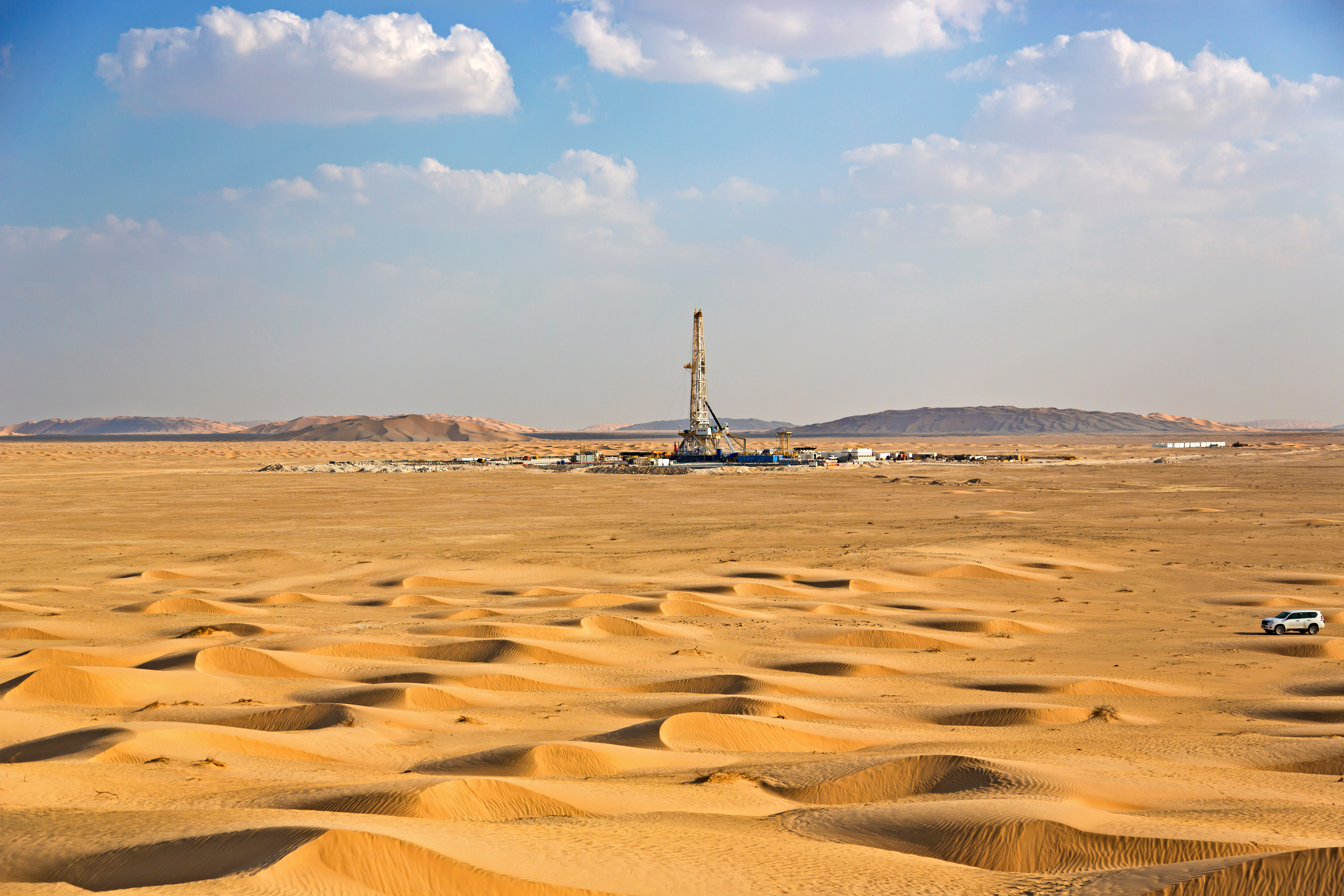Main missions
The Operations Director is responsible for leading, coordinating, and controlling operational activities within the organization. This involves overseeing the execution of operations, managing human and material resources, and implementing strategies to optimize productivity and profitability while maintaining high safety standards.
Additionally, they collaborate with other departments to ensure regulatory compliance and contribute to the development of the company’s policies and strategic plans.
Job activities
-
Daily Operations Management: Supervising and coordinating daily operational activities to ensure smooth operations.
-
Process Optimization: Developing and implementing strategies to enhance operational process efficiency.
-
Resource Management: Allocating and managing human and material resources required for operations.
-
Performance Evaluation: Analyzing operational data to assess performance and identify areas for improvement.
-
Strategic Planning: Contributing to the development of long-term strategic plans to achieve operational objectives.
-
Compliance Management: Ensuring compliance with industry regulations and safety standards.
-
Risk Management: Identifying, assessing, and mitigating potential operational risks.
-
Team Development: Mentoring and developing operational teams to enhance their performance.
Required skills
An Operations Director in the oil and gas sector must have the following skills:
-
Strong leadership and team motivation abilities.
-
Operational and strategic management skills.
-
Excellent analytical skills and ability to make informed decisions.
-
In-depth knowledge of oil and gas industry regulations.
-
Capability to develop and implement operational optimization strategies.
Other Operations & Production Jobs
-

Drilling Superintendent – Oil and Gas
A Drilling Superintendent in the oil and gas industry plays a critical role in ensuring the success, safety, and efficiency of drilling operations. They combine technical expertise, leadership skills, and regulatory knowledge to manage drilling projects from conception to completion.
-

Operations Manager – Nuclear Energy Jobs
The Operations Manager in the nuclear energy sector is responsible for managing and overseeing all operations of nuclear facilities. He/She ensures the efficiency, safety, and regulatory compliance of operations, ensuring the smooth functioning of nuclear power plants.
-

Radioprotection Engineer – Nuclear Energy Jobs
The Radioprotection Engineer in the nuclear energy sector is responsible for ensuring the protection of workers, the public, and the environment from the harmful effects of ionizing radiation. He/She ensures compliance with radioprotection standards and oversees the implementation of prevention and control measures for radiological risks.
-

Outage Maintenance Power Generation Engineer – Nuclear Energy Jobs
The Outage Maintenance Power Generation Engineer in the nuclear energy sector is responsible for planning, coordinating, and supervising maintenance activities during scheduled outages of nuclear power plants. He/She ensures that the power generation equipment is maintained in optimal working condition while adhering to safety standards and regulatory requirements.
-

Logistics Supervisor – Nuclear Energy Jobs
The Logistics Supervisor in the nuclear energy sector is responsible for managing and coordinating logistical activities to ensure the availability and efficient distribution of materials, equipment, and supplies necessary for the smooth operation of nuclear power plants. He/She ensures that logistical operations comply with safety standards and regulatory requirements.


